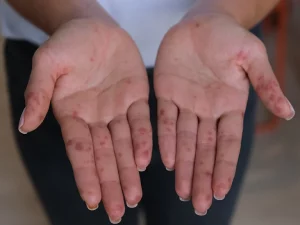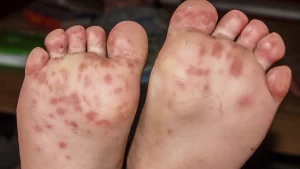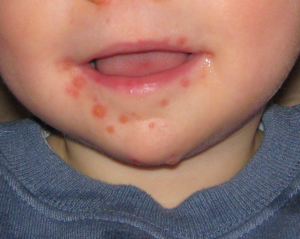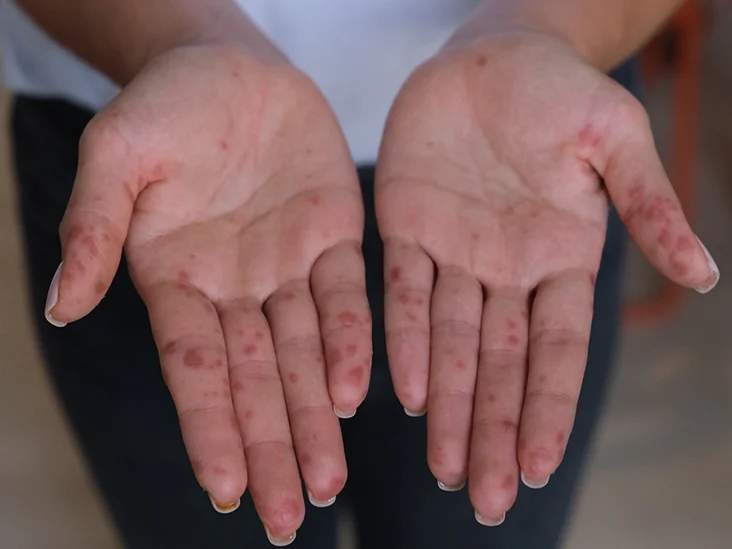Hand, Foot, and Mouth Disease (HFMD) may sound like a playful childhood ailment, but it’s no laughing matter. HFMD is a viral illness that is highly contagious and can affect anyone, but is most common in children under the age of 5. In Singapore, HFMD outbreaks occur annually, with cases peaking from May to July. So, what exactly is HFMD, and how can you protect yourself and your loved ones from this disease?
 What is HFMD?
What is HFMD?
Prevention is Key


Treatment and Management
There is no specific treatment for HFMD, as it is a viral illness that typically resolves on its own. Over-the-counter pain relievers can help manage symptoms such as fever and sore throat. It is important to stay hydrated and eat soft, bland foods to avoid irritating the blisters in the mouth.
If symptoms worsen or persist, seeking medical attention is recommended. In severe cases, hospitalization may be necessary.
In Conclusion
While HFMD may seem like a harmless childhood ailment, it is important to take it seriously and take preventative measures to avoid the spread of the virus. Practicing good hygiene, avoiding close contact with infected individuals, and seeking medical attention when necessary can help manage the symptoms of HFMD and prevent the spread of the virus. So, let’s all do our part to keep ourselves and our loved ones healthy and HFMD-free!
If you or your loved ones are experiencing symptoms of HFMD, please don’t hesitate to speak with your doctor about it – professional advice is highly advised! If you would like to speak with one of our doctors, please contact us today!
Read our other articles here.
- IGAKUhttps://igaku.co/blog/author/igaku/
- IGAKUhttps://igaku.co/blog/author/igaku/
- IGAKUhttps://igaku.co/blog/author/igaku/
- IGAKUhttps://igaku.co/blog/author/igaku/


